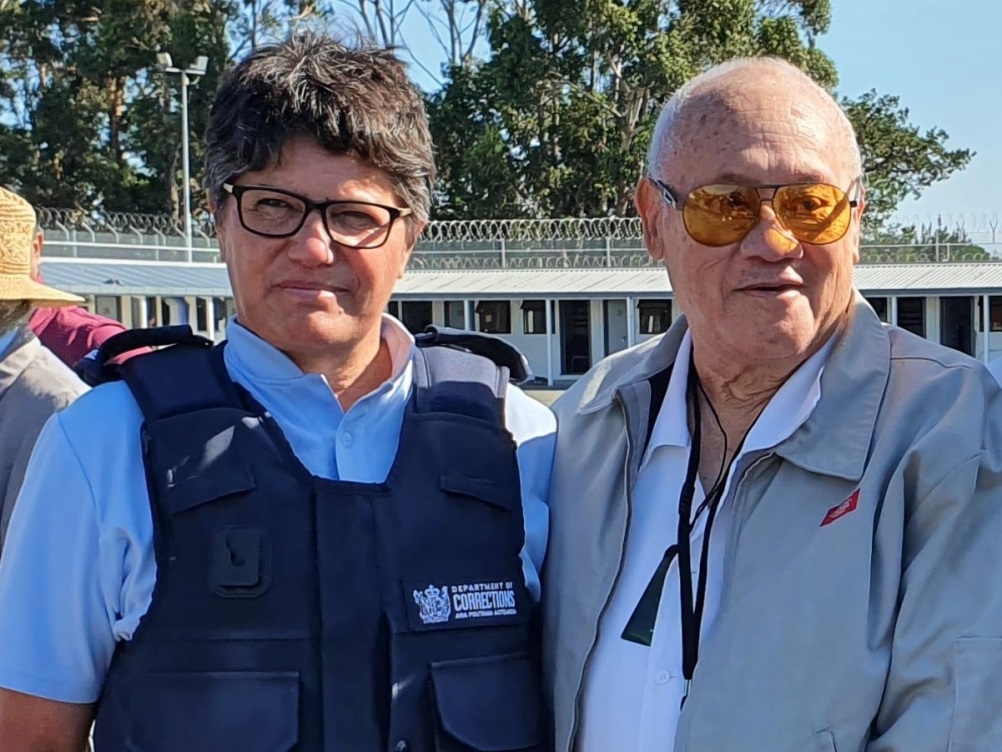
Kaumātua Tom Hemopo has a simple reason for taking up a new job at Hawkes Bay Regional Prison.
“It took a lot of soul-searching, but basically it came down to my personal philosophy - that I want to help people,” he says.
And helping is what the job of Pou Tikanga is all about – they are kaumātua who provide cultural support and leadership. As part of the Māori Pathways programme Pou Tikanga are being introduced at seven prisons around the country.
In Hawkes Bay, Tom is working with the Prison Director and other staff to build cultural awareness and practice in line with the Ngāti Kahungunu tikanga and history.
He also spends time getting to know the men in the Māori Pathways programme and help them learn about their whakapapa and tikanga, as part of their wellbeing. Understanding their personal history and their whānau is an essential part of that – work he has done in a voluntary capacity for several years.
“I go back to the beginning of their lives. I start at the beginning and I work my way through. If you start in the middle, you are always on a path to nowhere. If you start at the beginning, you will come to an end. That’s my philosophy.
“A lot of the men have been badly let down and simply don’t trust people. I worked with a guy for 20 months before he was able to open up and tell me his life story. But it’s worth taking the time.”
Prison Director Leonie Aben says she is humbled to work alongside a kaumātua with such experience.
“He knows so much about tikanga, whakapapa, and the importance of whānau as we help men in our care. And he understands how Corrections works, and what we can do better.”
That knowledge and commitment has been well documented. Tom worked as a probation officer for more than 25 years. After his retirement in 2011, he filed a claim to the Waitangi Tribunal alleging that the Crown had failed to make a long-term commitment to bring the number of Māori serving sentences in line with the Māori population generally.
In its report Tu Mai te Rangi released in 2017, The Waitangi Tribunal found the Crown in breach of its Treaty obligations by failing to prioritise the reduction of the high rate of Māori reoffending relative to non-Māori. Many of the recommendations in the report have been encapsulated in the Hōkai Rangi strategy.
Tom is reluctant to talk about the claim – his focus is on moving forward. But he will admit to being pleased at the direction of Hōkai Rangi and the Māori Pathways programme.
“When I first saw it (Hōkai Rangi) I thought the aspirations might be a little bit too high, and then I thought ‘well, if you don’t try, you will never know’.”

